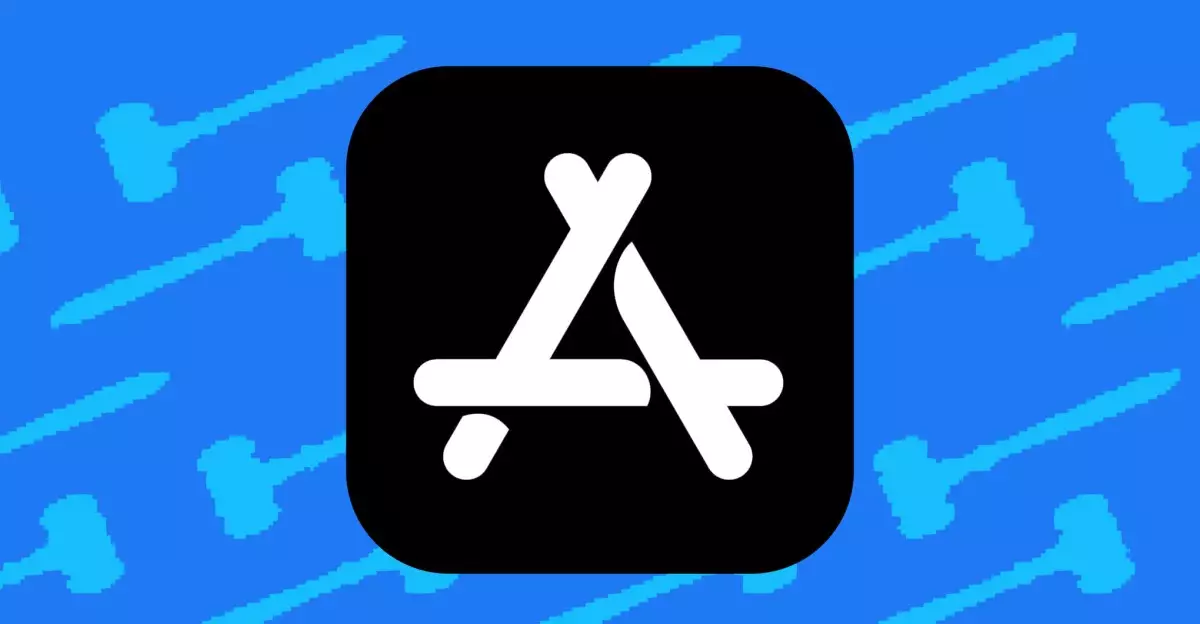In a crucial development for tech policy and app marketplace dynamics, an appeals court has sided against Apple’s attempt to block an order that mandates the company to allow external links and payment options in its App Store. The court’s ruling represents a significant shift in the landscape of app monetization and a step toward greater transparency in digital commerce. This ruling stems from a protracted legal battle initiated by Epic Games, which has become emblematic of the struggles developers face against entrenched tech powerhouses.
The Implications of the Court’s Ruling
This decisive verdict is not merely a win for Epic Games; it is a clarion call for developers across the board. By compelling Apple to allow external payment methods, the court aims to dismantle a monopoly that has long favored the tech giant at the expense of smaller developers. Apple’s stringent regulations, which historically demanded a significant cut from developers’ revenues, have stifled innovation and limited options for consumers. With this ruling, the door is now ajar for a myriad of developers to explore new revenue streams, which could enhance competition and ultimately benefit consumers with more choices and better prices.
The court’s assessment hinged on multiple factors, including the potential harm to Apple and others involved. Its conclusion that the public interest would not be served by delaying the order underscores the increasing scrutiny surrounding how tech giants operate. Consumers and developers alike have long felt the brunt of Apple’s ruthless App Store policies, which often appeared more focused on preserving profit margins than on fostering a vibrant ecosystem for apps.
A Ripple Effect on the App Market
Since the ruling, major platforms like Spotify and Kindle have quickly adapted their services to incorporate external links, allowing users to make purchases outside of Apple’s restrictive framework. This rapid response illustrates how pivotal the court’s decision is in reshaping app distribution strategies. Even Epic Games’ Fortnite has resumed operations on Apple devices, offering a choice between Apple’s in-app payment system and its own rewards program—an indication of how developers are seizing this newfound leverage to re-engage with their user base.
Epic’s CEO, Tim Sweeney, has highlighted the ongoing battle by disclosing a split in usage between the two payment systems. This data not only reflects the current landscape but also hints at potential shifts in market dynamics as developers reconfigure their business models in response to the court’s ruling.
A Frustrated Apple Responds
In the wake of the court’s decision, Apple issued a statement voicing disappointment and reaffirming its disagreement with the ruling. The company’s stance illustrates a fundamental tension between protecting established business models and adapting to a more equitable digital economy. As Apple continues to navigate this legal quagmire, it must contend with an evolving tech environment—one that increasingly favors transparency and consumer choice.
This ruling could be perceived as part of a larger narrative criticizing monopolistic practices across the tech industry. As different players in the app ecosystem stand to gain from these changes, it remains to be seen how Apple will evolve in response to mounting pressure for reform. The challenges ahead for the company will not just shape its business practices but also redefine what it means to participate in the digital marketplace.

